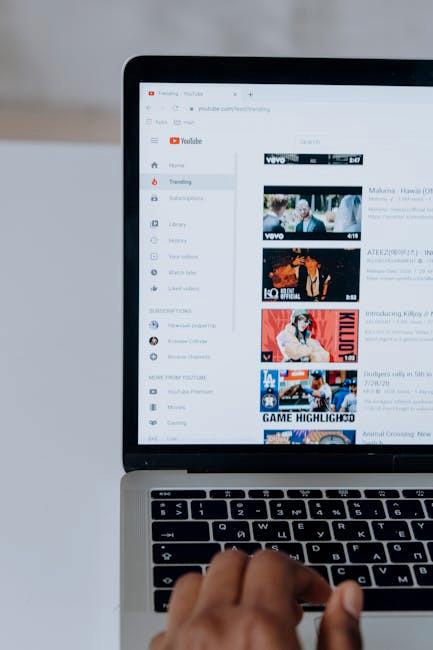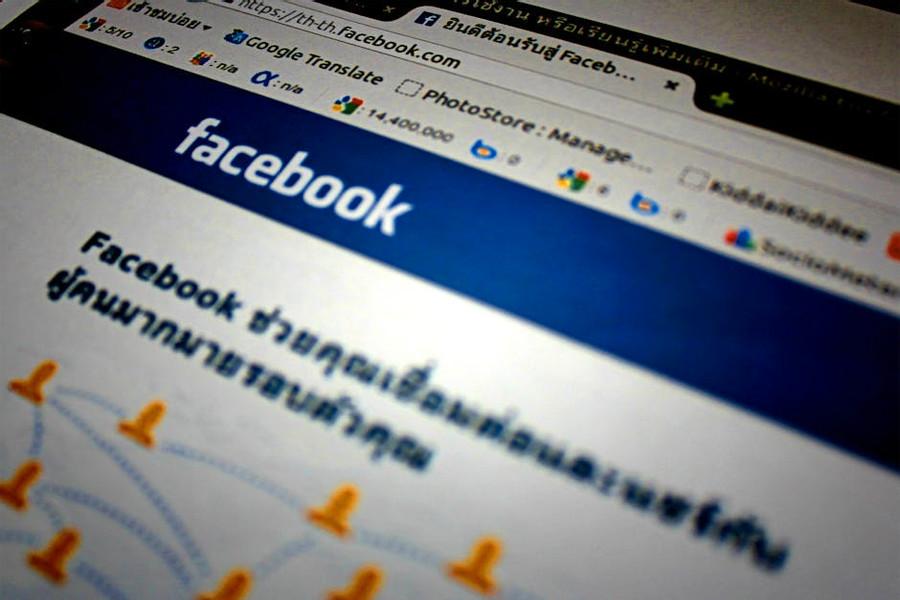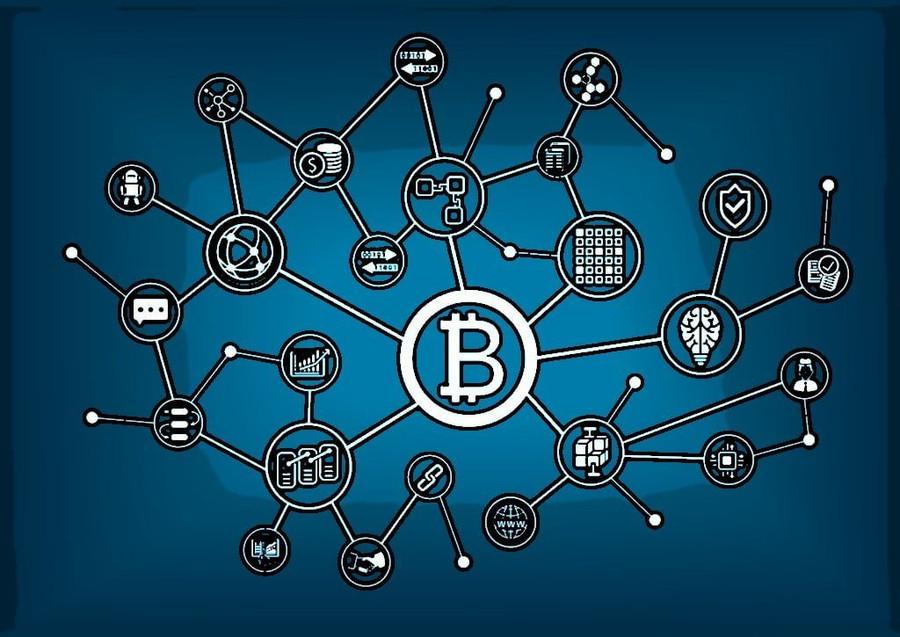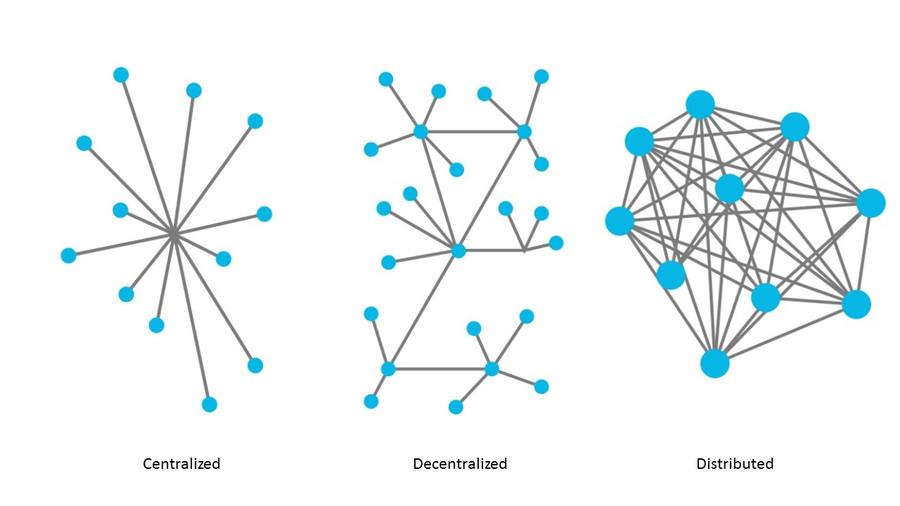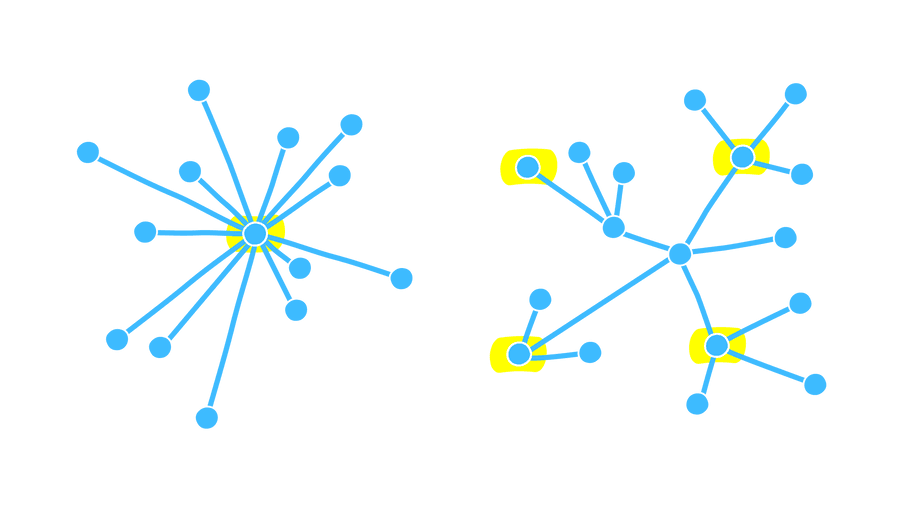Tim O’Reilly helped bring us Web 1.0 and 2.0. Here’s why he’s a Web3 skeptic
Curated from: fastcompany.com
Ideas, facts & insights covering these topics:
11 ideas
·375 reads
1
Explore the World's Best Ideas
Join today and uncover 100+ curated journeys from 50+ topics. Unlock access to our mobile app with extensive features.
The Background
Tim O’Reilly has been a conversation starter within the tech industry for more than three decades. The company he founded, O’Reilly Media, launched the first true commercial website in 1993, and remains a tech-industry staple that publishes tech books, offers online education, and holds virtual events.
O’Reilly saw firsthand the first wave of big dot-com companies swell, crest, and crash in the late 1990s. He was the one who popularized a collective term for that next wave of early-2000s companies: Web 2.0.
6
58 reads
Web 3.0: The Sequel
Web 3.0 companies eschew the centralized power of Big Tech platforms and propose to build apps that store data and transactions via blockchains. The Web3 movement seems to speak to the public’s growing unease with entrusting data and currency to powerful corporate or institutional platforms that may have financial and political interests of their own.
But the Web3 wave has a long way to go before proving it can produce technology with the functionality, reliability, security, and scale needed to disrupt the internet we have now.
7
39 reads
Just Being Economically Efficient Isn't Enough
It’s great when the economy becomes more efficient. But the curse of efficiency is that it goes to the lowest common denominator. So if we want a diverse economy, we have to value something other than pure economic efficiency.
The monopoly of IBM was replaced by the personal computer, which was putting a computer on every desktop in every home. That was decentralization. Hardware became a commodity.
Very quickly, Bill Gates figured out how to monopolize the software in the same way that IBM had monopolized hardware. Software became the way that you could aggregate power.
6
28 reads
Crypto Is Not Decentralized
Even in terms of this decentralized crypto, who did we reward? We rewarded the big, centralized crypto trading platforms. We rewarded the people who initially minted all the crypto currencies and ended up with the pyramid scheme where they were the ones at the top who built the NFT (nonfungible token) marketplaces. There are stories about somebody who sold an entity for a lot of money, but mostly the really big rewards have gone to the people who are able to centralize the new market.
6
33 reads
A New Period Of Consolidation
Web 2.0 was not a version number, it was the second coming of the web after the dot-com bust. We’re not going to be able to call Web3 “Web3” until after the crypto bust. Because only then will we get to see what’s stuck around.
All anybody ever talks about is valuations. And valuation has very little to do with actual economic impacts. There were all these companies that had enormous valuations (for the time—they’d be small valuations today) that weren’t real businesses. And as soon as the capital dried up they went away.
6
31 reads
The Betting Economy Vs The Operating Economy
Let us contrast the betting economy and the operating economy. The operating economy is the one that delivers goods and services and people pay for them. And the betting economy is where you guess at what the value might be, or what other people think it might be.
7
34 reads
The Wave Of De-Centralization
There are way more interesting decentralization stories than cryptocurrency. And the biggest one is the potential for the decentralization of big data and AI. Google used to have this secret sauce. It only came from Google. And now that’s been encapsulated in these models that know a lot of stuff. BERT [Google’s breakthrough natural language model] was open-sourced. GPT-3 (OpenAI’s even larger natural language model) isn’t open-source, but it’s a big enough model that you can call on it [via] an API.
6
41 reads
Enter The Blockchain
The patterns of centralization and decentralization are everywhere. And the idea that it’s just about this blockchain technology is something we could easily do away with. There’s something really interesting there, but we are not going to know until all the underbrush that’s growing up because of all of that indiscriminate funding. Then we’ll be able to see what’s left. It’s not like we shouldn’t be engaging with these technologies, but we should not believe the hype.
6
29 reads
The Origins Of The Web Were Open-Source
The open-source movement is quite old. We got the World Wide Web, which is put in the public domain. We got the original TCP/IP implementation that Bill Joy wrote made part of Berkeley Unix so that anybody could do the internet stack. We had the DNS, or Domain Name System. We had Sendmail, which is routing all the email. We had Apache, which has become the dominant web server.
6
27 reads
Bad Behaviour Happens At Centralization
There are things that we centralized unnecessarily. During the centralization phase, bad behaviour happens.
A good example of that is your laptop. This is the end game of the personal computer revolution and today your laptop is becoming less and less your laptop and more and more Apple’s laptop or Microsoft’s laptop. Earlier in iTunes software, you used to be able to rip your CDs and you had your music library. And now Apple says no, you don’t: You have to sign in to your Apple account to use your music. You have to sign in to your Apple account to use your PC.
6
25 reads
Centralization Is Subscription
So here’s the centralization overreach, because everybody wants to be a subscription service. Everybody wants to have lock-in.
The shift towards decentralization is inevitable, but it is part of a cycle that is in its third iteration.
7
30 reads
IDEAS CURATED BY
Oscar Moss's ideas are part of this journey:
Learn more about crypto with this collection
The differences between Web 2.0 and Web 3.0
The future of the internet
Understanding the potential of Web 3.0
Related collections
Similar ideas
9 ideas
Why Big Tech is losing talent to crypto, web3 projects
cryptoslate.com
7 ideas
What is Web3? The Decentralized Internet of the Future Explained
freecodecamp.org
Read & Learn
20x Faster
without
deepstash
with
deepstash
with
deepstash
Personalized microlearning
—
100+ Learning Journeys
—
Access to 200,000+ ideas
—
Access to the mobile app
—
Unlimited idea saving
—
—
Unlimited history
—
—
Unlimited listening to ideas
—
—
Downloading & offline access
—
—
Supercharge your mind with one idea per day
Enter your email and spend 1 minute every day to learn something new.
I agree to receive email updates

